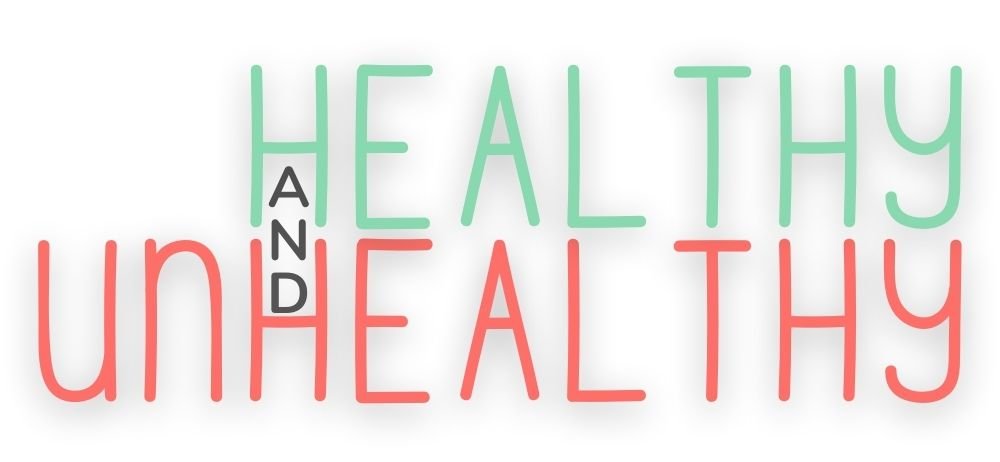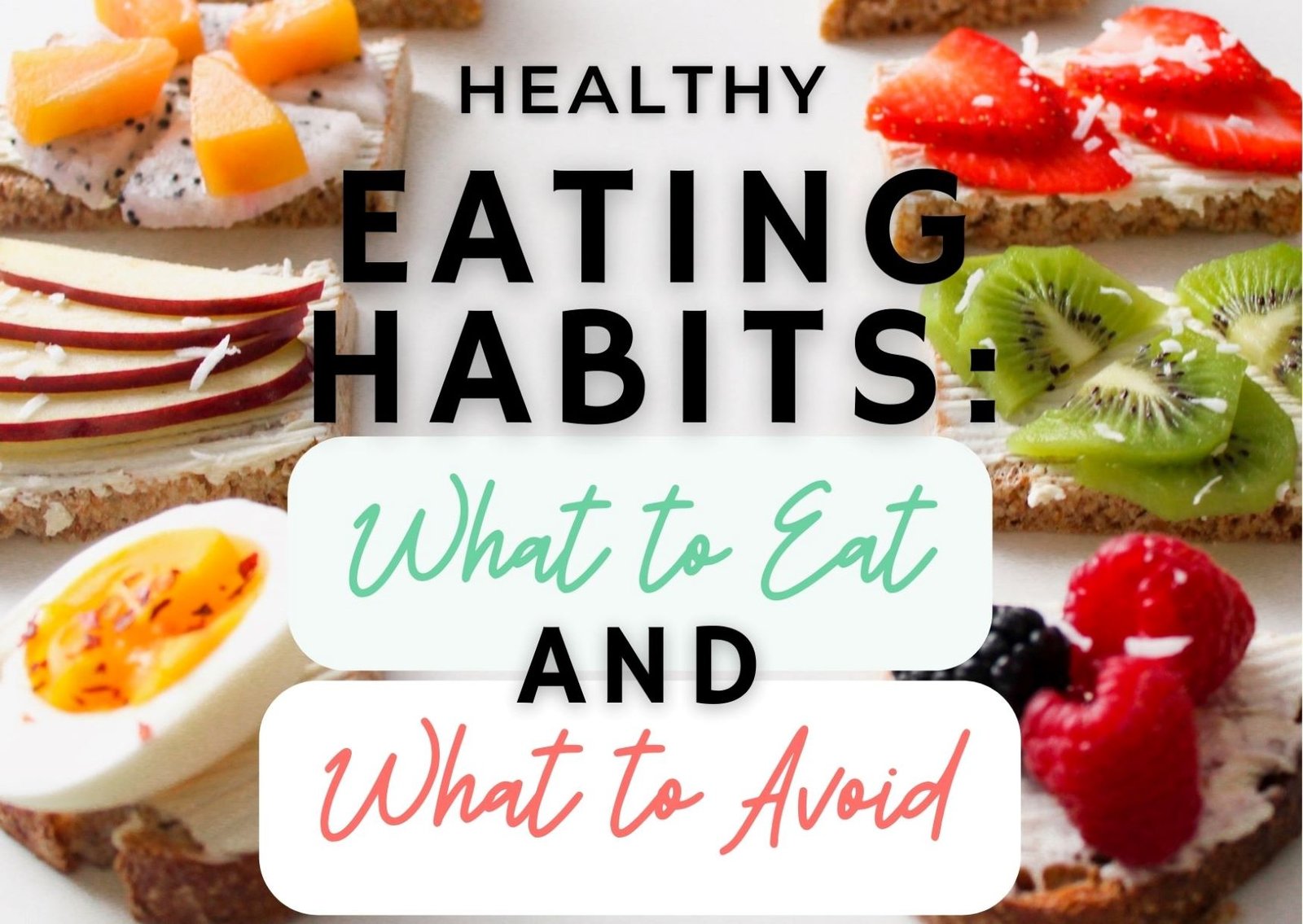When it comes to a beautiful smile, we usually focus on protecting our teeth from caries and keeping them glaringly white. We can take a good care of our teeth and they may look healthy, but the real dental health actually starts with our gums – the often forgotten part of our oral cavity.
Gums are the foundation of our oral health. They surround and support our teeth and help them to maintain in our bone. The doctor of dental medicine Soo-Woo Kim says that even if we have the perfect teeth, we will not be able to ensure our good oral health if we have weak and damaged gums.
One common condition that should encourage us to see our dentist right away is so-called “receding gums”. This is a picturesque way to say that the gums around our teeth have worn out and pulled back. When the gums recede, the roots of our teeth get more open, making the teeth look longer.
While some wear and tear of gums is inevitable with age, receding gums highly damage our teeth. Here is how to find out if our gums are receding, what effects this condition has on our health and what we can do to keep our teeth healthy for the rest of our lives.
What do receding gums look like?
Receding gums obviously do not look beautiful and do not make us feel good. “Receding gums are usually accompanied by thin gum tissue, so the person can see and feel the misalignment of the gum line,” says Jeff C. Wang, the doctor of dental surgery and the clinical assistant professor of dentistry at the University of Michigan School of Dentistry.
According to Silvana Barros, the doctor of dental surgery and the professor in the department of periodontology at the University of North Carolina, one of the first symptoms that we may notice is sensitivity, for example, we might feel pain when brushing our teeth or drinking a cold drink. Other symptoms may include:
Red, swollen and painful gums or any other pain in the mouth.
Bleeding gums when brushing teeth, using dental floss or chewing solid food.
Visibly longer, loose and rare teeth.
Purulence between the gums and teeth.
Sores in the oral cavity.
Constant bad breath.
Partial dentures no longer fit like they used to.
What is the impact of receding gums on our health?
The doctor of dental surgery and the clinical assistant professor at the NYU College of Dentistry Vera Tang says that our gums are like the front line, preventing our underlying bony architecture of teeth from the breakdown. We must take a good care of this front line by removing plaque, bacteria and food debris on a regular basis. If we don’t do that, they start to accumulate along the gum line and our gums become inflamed and loose. As a consequence, our gums start to recede and begin to break the bony architecture of our teeth.
If the receding gums are not treated, they can cause other serious dental problems such as gum disease (gingivitis, periodontitis) or even tooth loss. What is more, American Academy of Periodontology (AAP) made a research, which showed that there is a connection between gum diseases and the increased risk of heart diseases, most likely due to the increased inflammation in the body.
What are the causes of receding gums?
Our gums and teeth can be damaged by our daily habits that don’t even seem to be significant. Here are some things to keep in mind:
We brush our teeth too hard. Our teeth not necessarily become cleaner if we brush them with all our strength. “A toothbrush, especially a stiff one, can damage the gums and cause the gum line to shrink,” Dr. Wang says.
Tip: Dr. S. Barros recommends brushing our teeth with a soft toothbrush because it does less damage to the gum line. Then we need to pay attention to how we hold the toothbrush. “Hold the toothbrush with your fingertips. This will reduce the pressure on your teeth and gums,” says Dr. Tang.
We may already have gum disease. A study by the U.S. Centers of Disease Control and Prevention (CDC) shows that nearly half of all Americans have gum disease. “Periodontal disease, also known as gum disease, is caused by bacteria in plaque, which accumulates between the teeth and the gums,” Dr. Tang says. “When bacteria start to multiply, inflammation occurs in the gums around the tooth. If left untreated, this inflammation begins to damage the gums and bone structure. It can cause the gums to recede or even the tooth loss.”
Tip: the main two things preventing us from gum disease are a good oral hygiene and a strong immune system. It is also very important to regularly see our dentist and get a professional teeth cleaning at least twice a year. Fun fact for the smokers: you are twice as likely to have gum disease. This fact can be included among the reasons to quit smoking.
We eat too much sugar. When we were kids, we have all probably experienced that the food we eat has a huge impact on our teeth. We should avoid acidic foods (citrus fruits, coffee) and high-sugar products (sweets, sports drinks, desserts) as they destroy the tooth structure and irritate our gums.
Tip: we must refuse worthless foods and watch how much sugar we consume. This will reduce the risk of excess plaque. The American Dental Association recommends a sugar intake of less than 10 percent of total daily calories intake. This is also in line with the US Dietary Guidelines. Therefore, if our daily calories intake is 1500 kcal, our daily sugar intake should be 150 kcal or less, which means no more than 37 g of sugar per day.
Dr. Wang recommends consuming more useful foods, such as green tea (due to its protective antioxidants), high-fiber foods, such as oats, lots of fruits and vegetables and fatty fish, as it is full of healthy fats, especially omega-3 fatty acids.
We grind our teeth at night. Dr. Wang says that grinding our teeth at night creates micro-movement in our mouth. This micro-movement can harm our dental ligaments and surrounding gums.
Tip: since we usually grind our teeth at night when we sleep, we may not even know we are doing this. Dr. Kim recommends buying nightly dental guard, which will keep our teeth apart and help us to control this habit. If we know or at least suspect that we may be grinding our teeth at night, we should talk to our dentist about it. He/she will help us choose the proper nightly dental guard.
Genetics can also have an effect. Dr. Wang notes that there is a high risk of “inheriting” gum disease or receding gums from our parents or grandparents. People with thinner tissues are more likely to have receding gums.
Tip: we should ask our parents about their dental health and tell all about it to our dentist. The more information he/she gets, the easier it will be for him/her to prescribe any preventive treatments we may need.
How to prevent our gums from receding?
The best thing that we can do is taking a good care of our dental health before the dental problems appear. If our gums start to recede, they are no longer able to return on their own. If we already have a gum disease and our dentist thinks there is risk of losing teeth, we might need a gum graft surgery to restore the missing gum tissues. But normally, taking the simple preventive measurements is enough. These habits should become a part of our daily dental hygiene routine:
We should start using dental floss at least once a day. This will help us to remove food debris and plaque between our teeth and along the gum line – the spots hard to reach with a toothbrush.
We should never forget visiting our dentist on a regular basis. We should see him/her every six months. If we notice that our gums became red or swollen, we should see him/her right away before the problem gets worse.
We should know our risk factors. American Academy of Periodontology notes that more than 70 percent of Americans, older than 65 years old, have gum disease. If you belong to this age group and especially if you smoke, you should discuss your dental hygiene routine with your dentist. He/she will thoroughly examine your teeth, gums, bite, bone structure and determine if you are at risk to get a gum disease. When it comes to dental and gum health, the most important thing is to notice the symptoms as early as possible.





